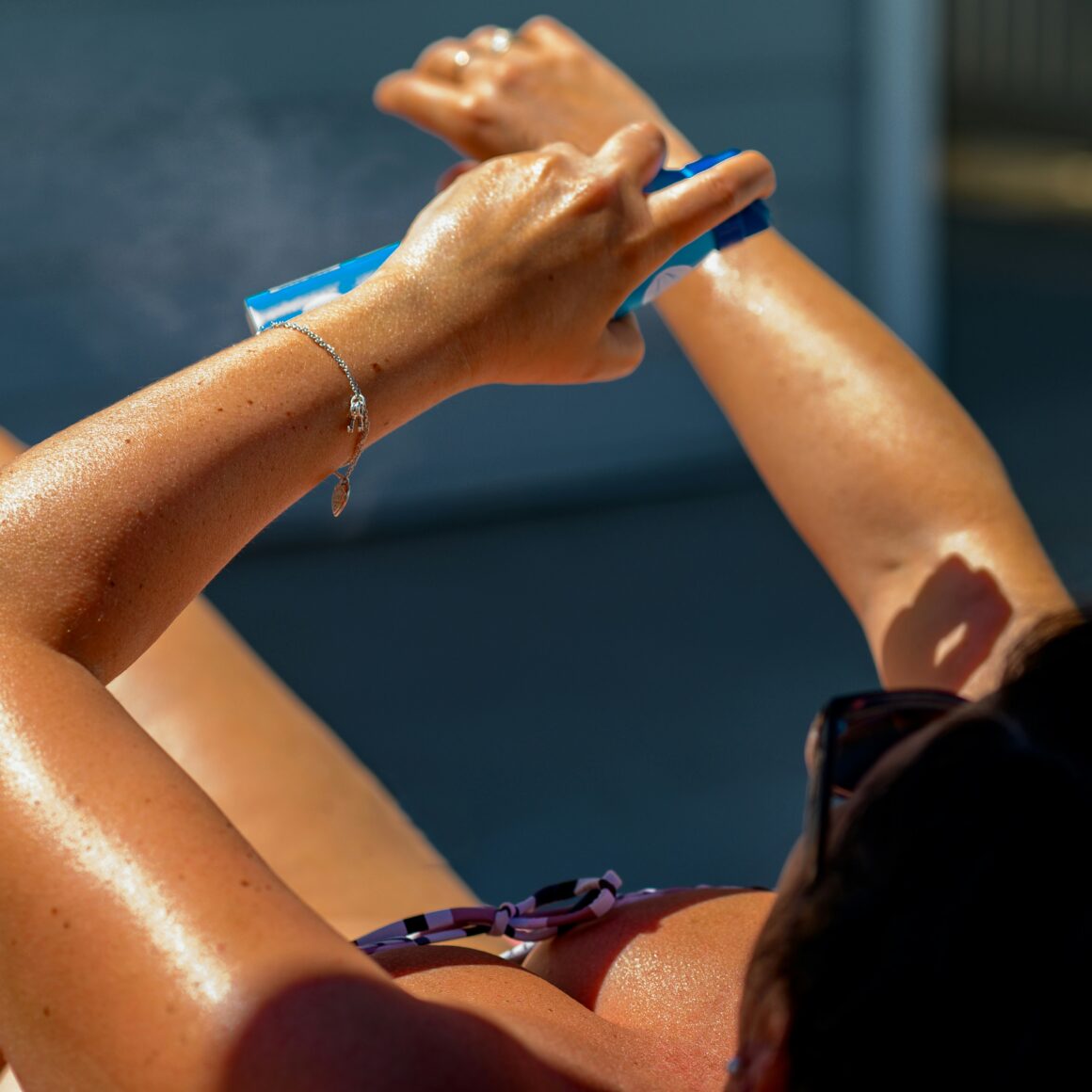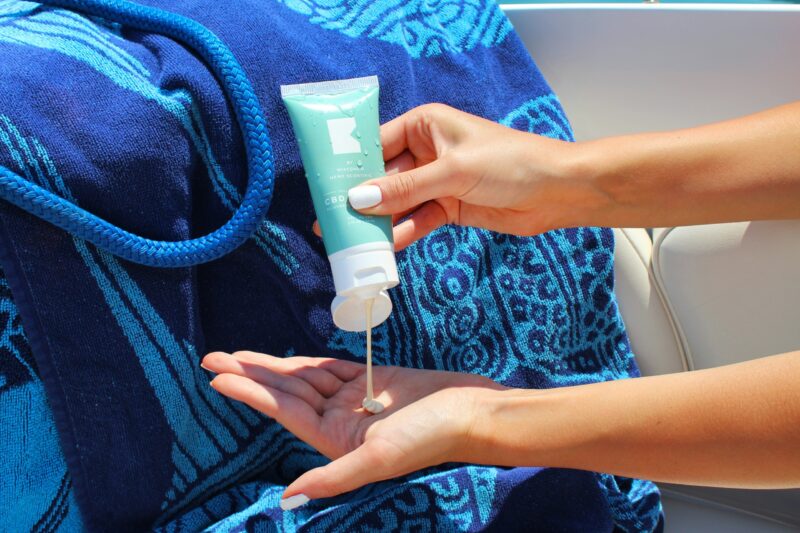The sun, a source of life and warmth, can also be a source of significant damage to our skin. While moderate sun exposure offers some benefits, like vitamin D production, excessive sun exposure comes with various risks. This is where sunscreen becomes crucial. Let’s dive into the importance of sunscreen.
Understanding the Sun’s Harmful Rays
The sun emits ultraviolet (UV) radiation, categorized into UVA and UVB rays:
- UVA rays: These rays penetrate deep into the skin’s layers, contributing to premature aging, wrinkles, and can even damage the immune system.
- UVB rays: These rays are responsible for sunburns, but also contribute to skin cancer development.
Sunscreen: Your Daily Defense
Sunscreen acts as a protective shield, absorbing or reflecting UV rays before they can damage your skin. Here’s why applying sunscreen daily is essential:
- Prevents Sunburn: Sunburns are not just painful, but also increase the risk of skin cancer. Sunscreen helps prevent these painful burns, particularly for individuals with fair skin or a history of sunburns.
- Reduces Signs of Aging: Sun exposure is a major contributor to wrinkles, fine lines, and discoloration. Regular sunscreen use can help slow down these visible signs of aging.
- Lowers Skin Cancer Risk: Skin cancer is the most common cancer in the United States. Using sunscreen with an SPF of 30 or higher significantly reduces the risk of developing various types of skin cancer.
- Protects Even on Cloudy Days: UV rays can penetrate clouds, making sunscreen essential even on overcast days.
- Safeguards Eyes: Sun exposure can also damage your eyes, potentially leading to cataracts and other eye problems. Wearing sunglasses that block UV rays is crucial, but sunscreen further protects the delicate skin around your eyes.

Choosing the Right Sunscreen
- SPF (Sun Protection Factor): Choose an SPF of 30 or higher for everyday use. Higher SPFs offer greater protection, but reapplication is still necessary every two hours, especially after swimming or sweating.
- Broad Spectrum: Opt for broad-spectrum sunscreen that protects against both UVA and UVB rays.
- Water Resistance: If you plan on swimming or sweating, choose a water-resistant sunscreen and reapply after 40 minutes of water exposure or 80 minutes of sweating.
- Skin Type: Consider your skin type when choosing a sunscreen. Lotions or gels may suit oily skin, while creams are better for dry skin. Oil-free sunscreens are available for those prone to breakouts.
Remember: Sunscreen is not a one-time solution. Reapplication every two hours, or more often if swimming or sweating, is crucial for optimal protection. Additionally, seek shade during peak sun hours (10:00 AM to 4:00 PM) and wear protective clothing, like hats and long sleeves, for added sun protection.
More interesting skincare articles:










